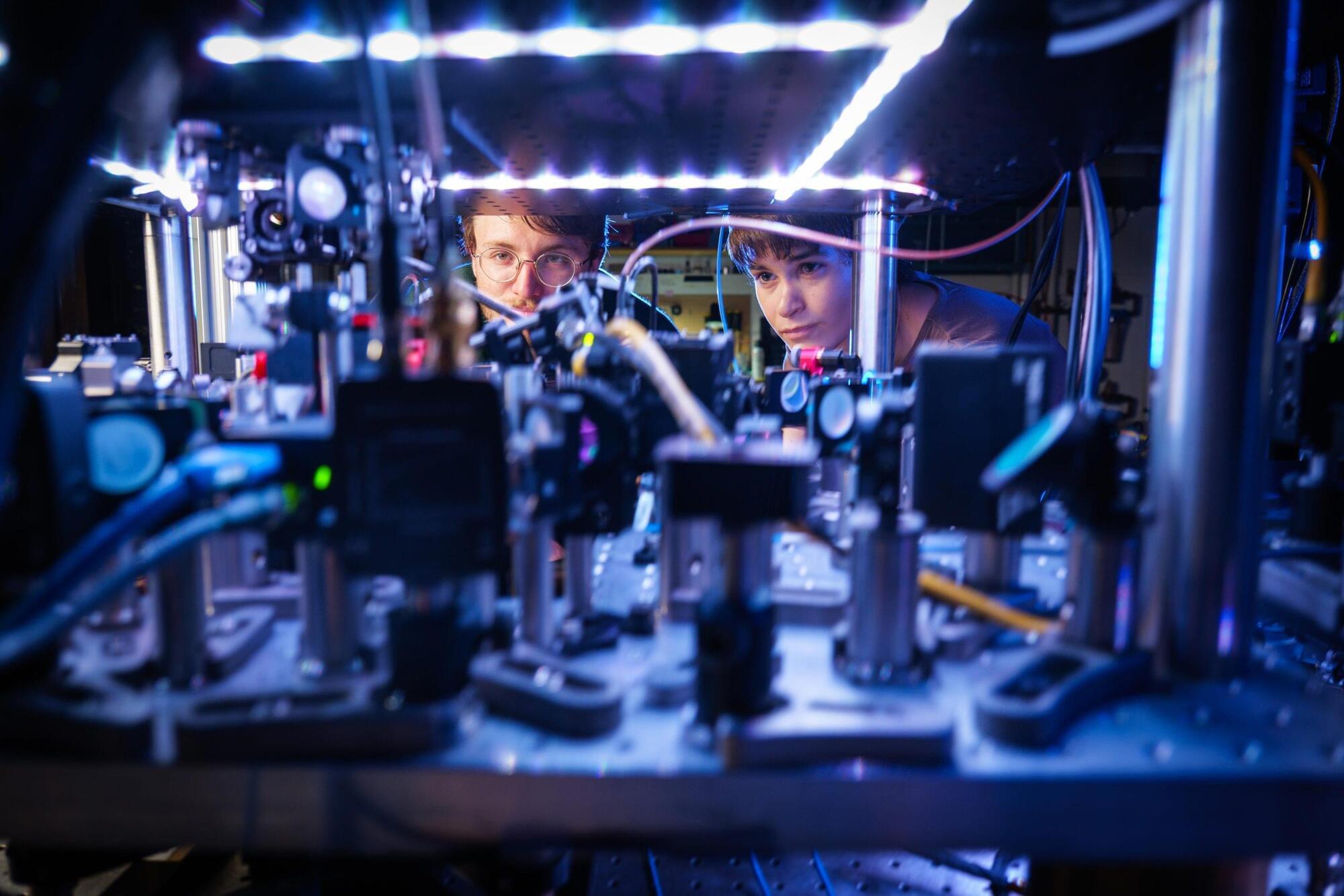Electricity can be easily converted into heat—every electric cooker does it. But is the opposite also possible? Can heat be converted into electricity—directly, without a steam turbine or similar detours?
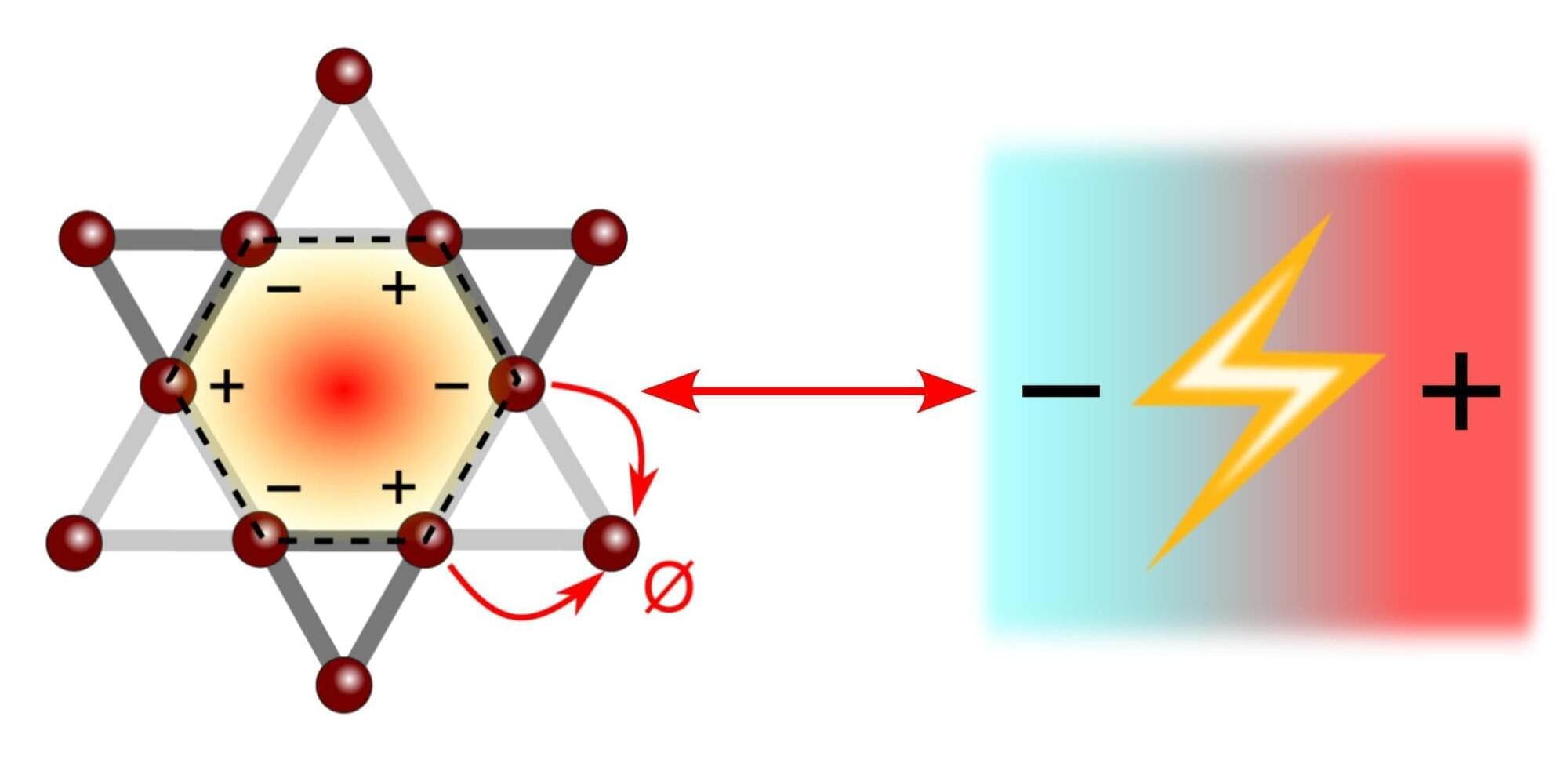

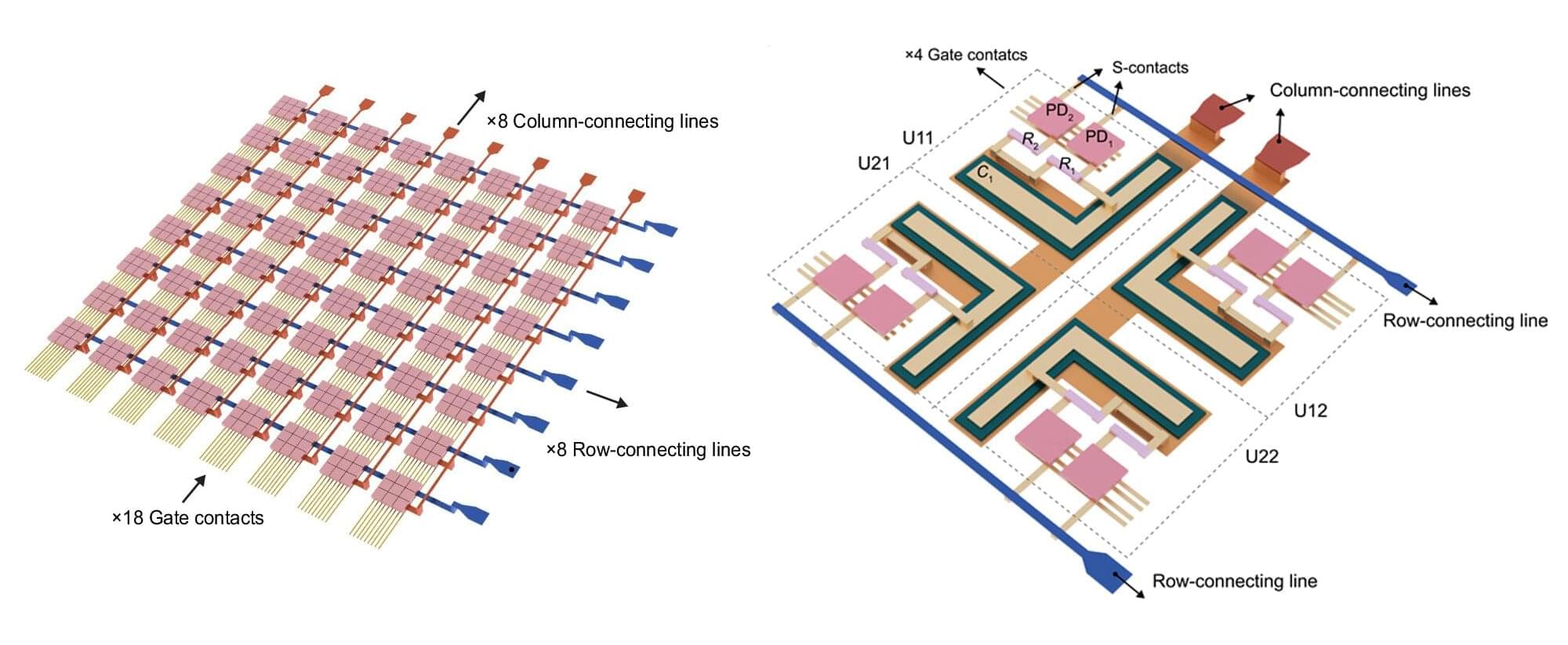
Researchers at the University of Massachusetts Amherst have pushed forward the development of computer vision with new, silicon-based hardware that can both capture and process visual data in the analog domain. Their work, described in the journal Nature Communications, could ultimately add to large-scale, data-intensive and latency-sensitive computer vision tasks.
“This is very powerful retinomorphic hardware,” says Guangyu Xu, associate professor of electrical and computer engineering and adjunct associate professor of biomedical engineering at UMass Amherst. “The idea of fusing the sensing unit and the processing unit at the device level, instead of physically separating them apart, is very similar to the way that human eyes process the visual world.”
Existing computer vision systems often involve exchanging redundant data between physically separated sensing and computing units.
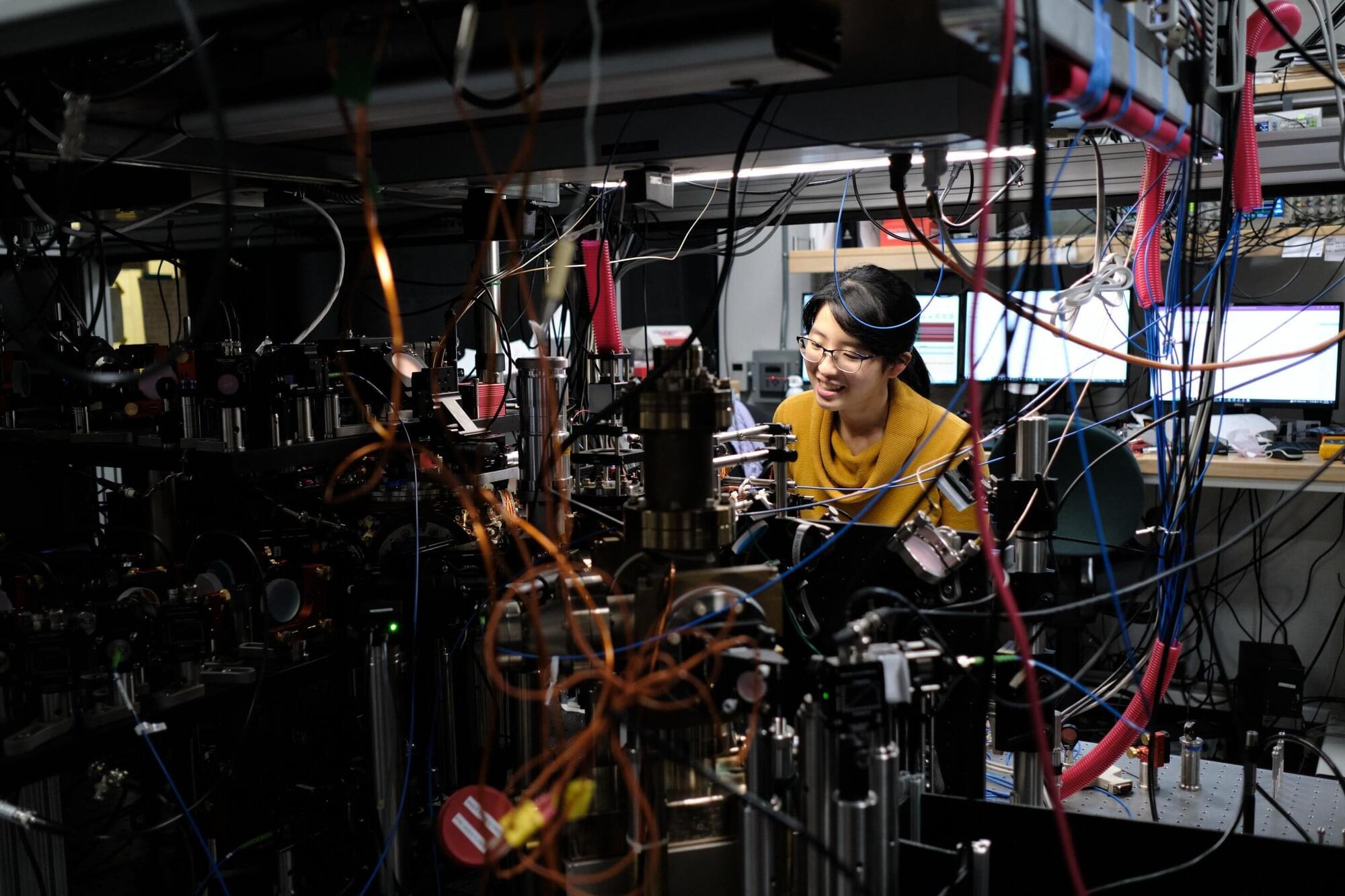
As the number of particles in a physical system increases, its properties can change and different phase transitions (i.e., shifts into different phases of matter) can take place. Microscopic systems (i.e., containing only a few particles) and macroscopic ones (i.e., containing many particles) are thus typically very different, even if the types of particles they are made up of are the same.
Mesoscopic systems lie somewhere between microscopic and macroscopic systems, as they are small enough for individual particle fluctuations to impact their dynamics and yet large enough to support collective particle dynamics. Studying these middle-sized physical systems can yield interesting insight into how the fluctuations of individual particles can give rise to the collective particle behavior observed as a system grows.
Researchers at the University of California Berkeley and Columbia University recently introduced a new approach to precisely realize physical systems that are ideal for studying mesoscopic physics and the underpinnings of phase transitions. Their approach, outlined in a paper published in Nature Physics, relies on the use of atom tweezer arrays to control the number of atoms in a system and how they interact with light.
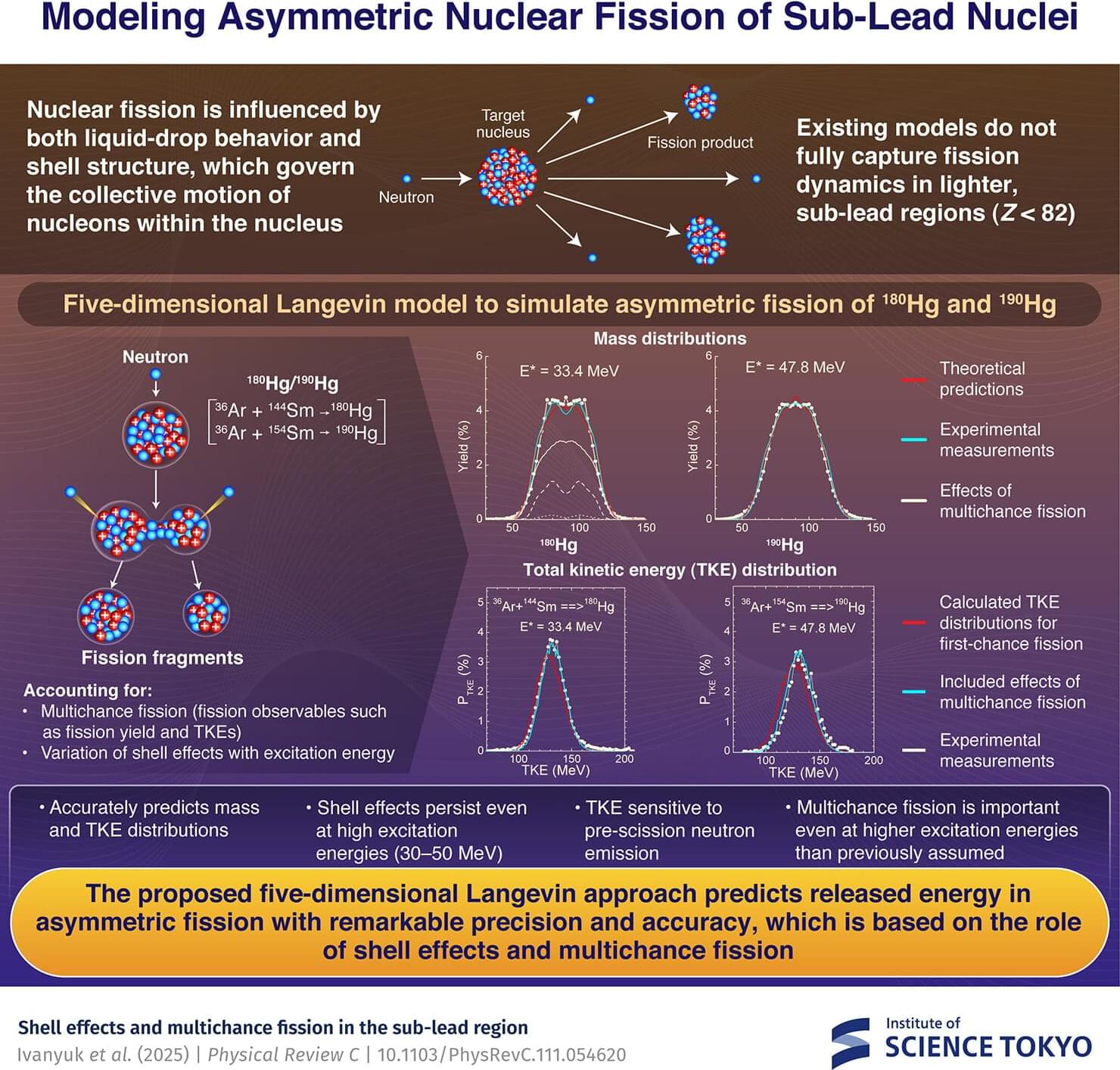
A five-dimensional (5D) Langevin approach developed by an international team of researchers, including members from Science Tokyo, accurately reproduces complex fission fragment distributions and kinetic energies in medium-mass mercury isotopes (180 Hg and 190 Hg). The model successfully captures the unusual “double-humped” fragment mass distribution observed in mercury-180 and offers new insights into how nuclear shell effects influence fission dynamics—even at higher excitation energies than previously thought—advancing our understanding of fission in the sub-lead region.
Nuclear fission, the process by which an atomic nucleus splits into smaller parts, is a fundamental process in nuclear physics. While the fission of heavy elements like uranium and plutonium is well studied, lighter nuclei such as mercury (Hg) behave in unexpected ways.
Experiments have shown that 180 Hg undergoes an unexpected form of asymmetric fission, producing fragments of very different sizes. These findings challenge existing models and highlight the need to better understand how nuclear structure affects fission in the sub-lead region, which includes elements with atomic numbers below 82.

An international research team led by GSI/FAIR, Johannes Gutenberg University Mainz (JGU) and Helmholtz Institute Mainz (HIM) has succeeded in the production of a new seaborgium isotope. In the experiment conducted at the GSI/FAIR accelerator facilities, 22 nuclei of seaborgium-257 could be detected. The results were published in the journal Physical Review Letters and highlighted as an “Editor’s Suggestion.”
With the newest addition, 14 isotopes of the artificial superheavy element seaborgium (atomic number 106) are now known. For the production of seaborgium-257, an intense chromium-52 beam from the GSI/FAIR linear accelerator UNILAC impinged onto high-quality lead-206 targets.
Using the highly efficient detection system of the gas-filled recoil separator TASCA (TransActinide Separator and Chemistry Apparatus), 22 decays of seaborgium-257 nuclei were detected in total: 21 fission events and one alpha decay. The half-life of the new isotope, situated just next to the enhanced neutron shell gap at 152, is 12.6 milliseconds.
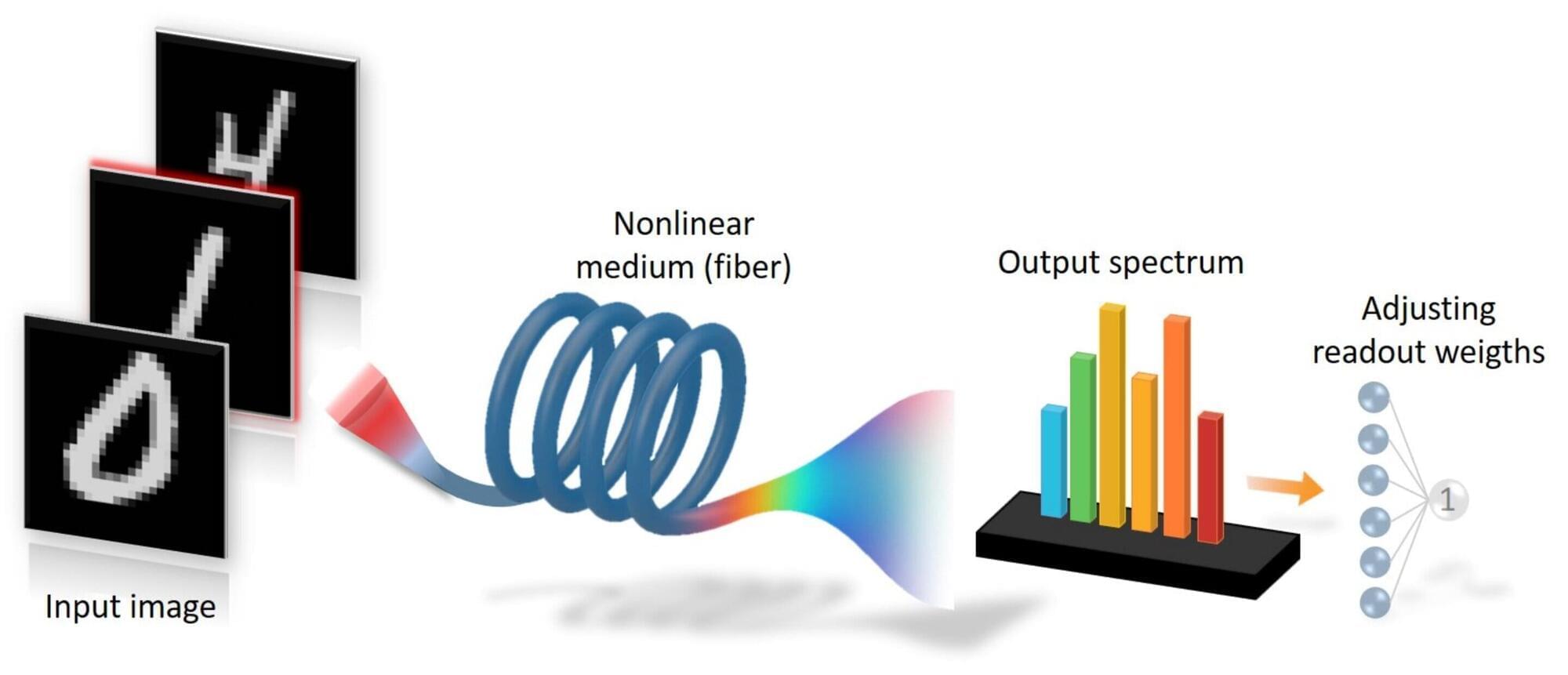
Imagine a computer that does not rely only on electronics but uses light to perform tasks faster and more efficiently. A collaboration between two research teams from Tampere University in Finland and Université Marie et Louis Pasteur in France have now demonstrated a novel way of processing information using light and optical fibers, opening up the possibility of building ultra-fast computers. The studies are published in Optics Letters and on the arXiv preprint server.
The research was performed by postdoctoral researchers Dr. Mathilde Hary from Tampere University and Dr. Andrei Ermolaev from the Université Marie et Louis Pasteur, Besançon, demonstrated how laser light inside thin glass fibers can mimic the way artificial intelligence (AI) processes information. Their work has investigated a particular class of computing architecture known as an Extreme Learning Machine, an approach inspired by neural networks.
“Instead of using conventional electronics and algorithms, computation is achieved by taking advantage of the nonlinear interaction between intense light pulses and the glass,” Hary and Ermolaev explain.
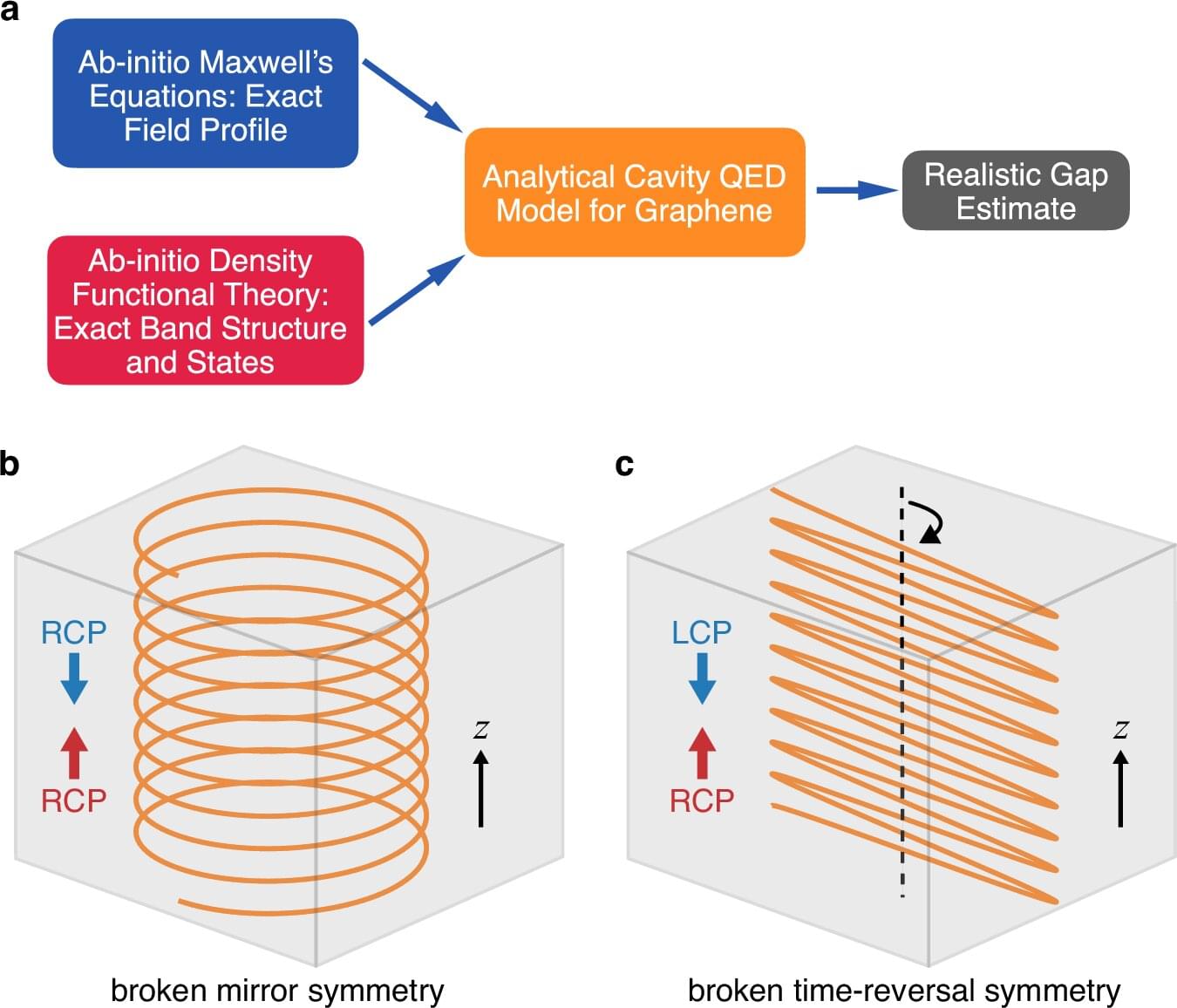
Vacuum is often thought of as empty, but in fact it is teeming with fleeting energy fluctuations—virtual photons popping in and out of existence that can interact with matter, giving rise to new, potentially useful properties.
Researchers use optical cavities, structures made of mirrors facing one another, to confine these fluctuations, harnessing their effects to engineer new forms of matter.
Conventional optical cavities boost fluctuations, or vacuum fields, for both right-and left-handed circularly polarized light. Rice University researchers and collaborators have developed a new cavity design that selectively enhances the quantum vacuum fluctuations of circularly polarized light in a single direction, achieving chirality—a feat that typically requires the use of a strong magnetic field.
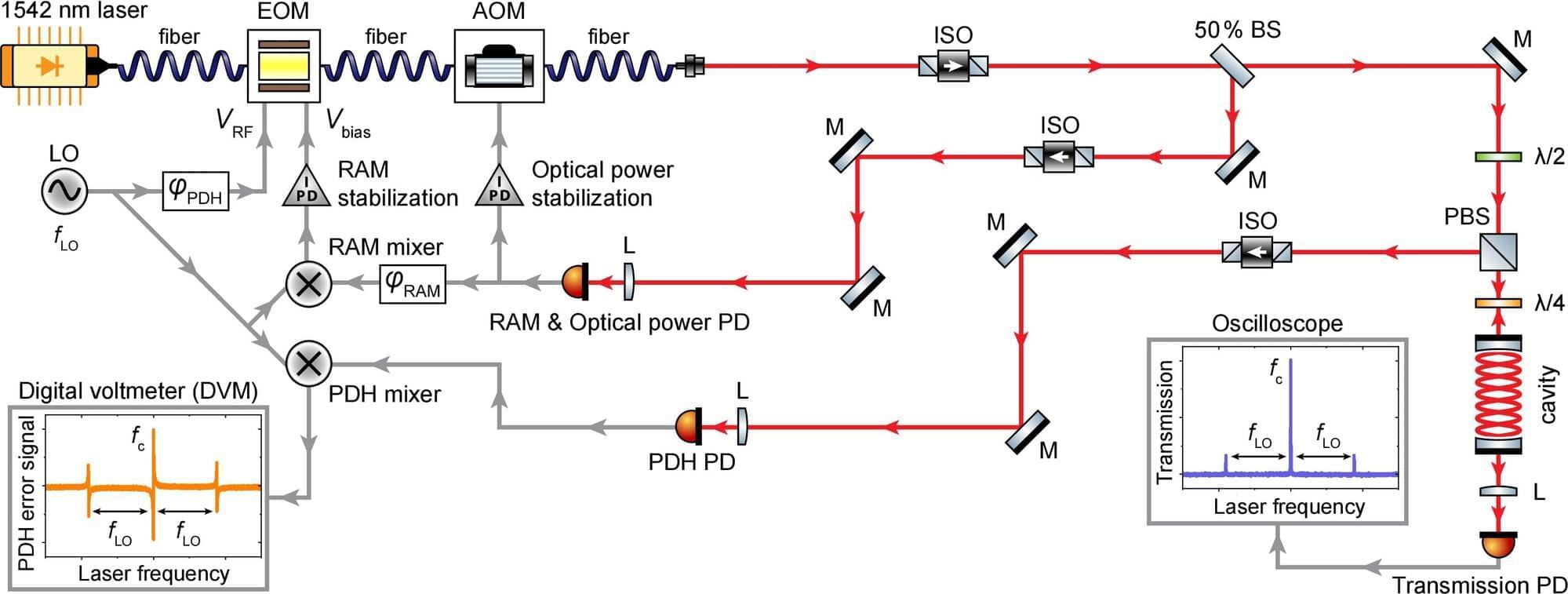
Scientists at NPL recently published findings on laser frequency stabilization, demonstrating an unprecedented level of performance using an optical reference cavity. This advancement features a beyond state-of-the-art optical storage time and a novel approach to actively cancel spurious stabilization noise.
Frequency stabilization of lasers to optical reference cavities is a well-established method for achieving superior stability. The recent work, published in Optics Letters, significantly reduces technical stabilization noise, enabling the realization of lasers with enhanced stability performance.
The team developed an optical reference cavity measuring an extraordinary 68 cm in length, achieving a record optical storage time of 300 microseconds. To put this achievement into perspective, the light trapped between the high reflectivity mirrors at either end of the 68 cm cavity can travel approximately 100 kilometers, equivalent to twice the length of the Eurotunnel.

